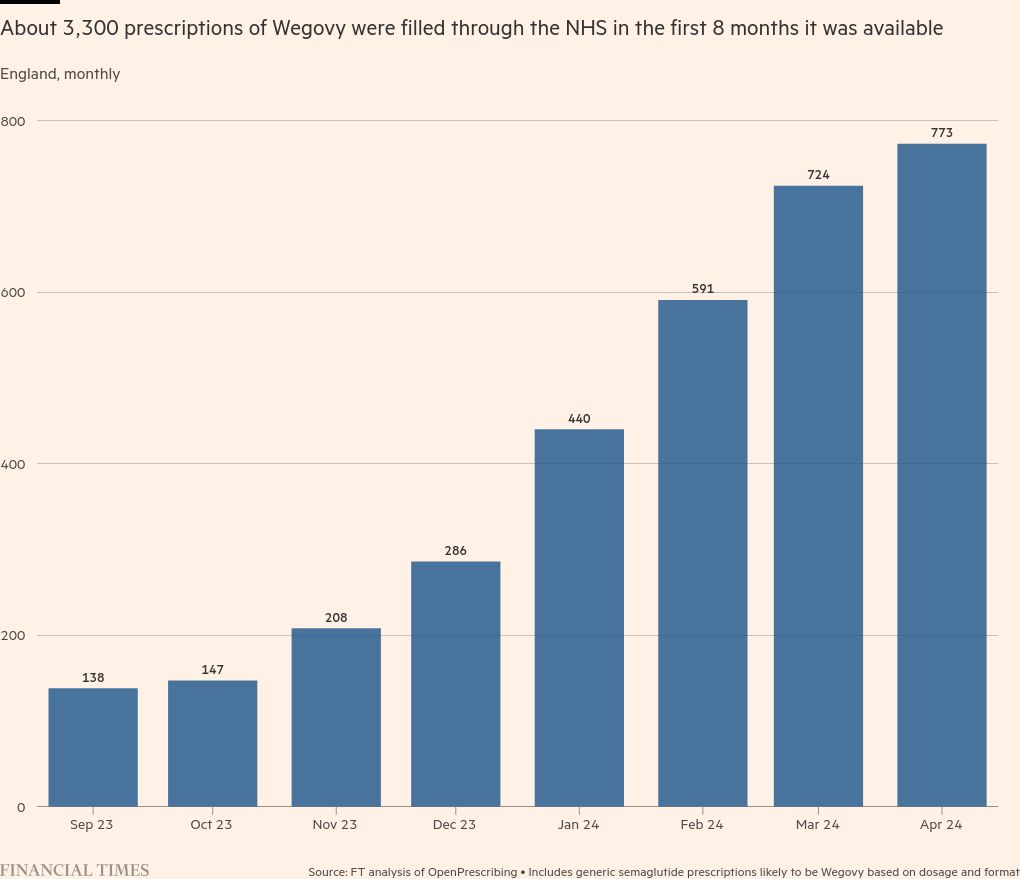
Credit: Unsplash/CC0 Public Domain
Eating a vegetarian diet for eight weeks is associated with reductions in biological age estimates based on levels of DNA methylation — a type of chemical modification of DNA (called an epigenetic modification) that changes gene expression but not the DNA itself.
Previous research has reported that increased levels of DNA methylation are associated with aging. New findings based on a small, randomized controlled trial of 21 pairs of adult identical twins are published. BMC Medicine.
Varun Dwaraka, Christopher Gardner, and colleagues investigated the molecular effects of a short-term vegan diet by instructing one half of each pair of twins to eat an omnivorous diet, including between 170 and 225 grams of meat. Eating half dairy every day – and the other half for the same amount of time – eating a vegan diet.
The sample was 77% female (32), and participants were on average 40 years of age and had an average body mass index of 26 kg per square meter. For the first four weeks of the study, participants ate meals prepared for them, and for the second four weeks, participants ate meals they prepared themselves after taking nutrition classes from health educators.
The authors investigated the effect of diet on DNA methylation levels by analyzing blood samples collected from participants at baseline, week four and week eight of the study. They used DNA methylation levels to infer participants’ biological age and their organ systems.
By the end of the study, the authors observed a decline in estimates of biological age—known as the epigenetic aging clock—among the vegetarians but not the omnivores. They also observed age-related declines in the heart, hormones, liver, and inflammatory and metabolic systems in participants who ate a vegan but not omnivorous diet for eight weeks.
The authors caution that it is unclear to what extent the differences observed between participants eating different diets could be attributed to the composition of their diets. They note that participants who ate a vegan diet lost an average of two kilograms more than those who ate an omnivorous diet due to changes in the caloric content of the meals provided during the first four weeks of the study.
They suggest that these weight loss variations may contribute to the observed differences in epigenetic age between both groups. Further research is needed to investigate the relationship between diet composition, weight and aging, in addition to the long-term effects of vegan diets.
More details:
Varun Dwarka, Unraveling the epigenetic effect of vegan versus omnivorous diets on aging: from the Twin Nutrition Study (TwiNS), BMC Medicine (2024) DOI: 10.1186/s12916-024-03513-w. www.biomedcentral.com/articles … 6/s12916-024-03513-w
Provided by BioMed Central
extract: Short-term vegan diet associated with reductions in biological age estimates (2024, July 28) Retrieved July 29, 2024 from https://medicalxpress.com/news/2024-07-short-term-vegan-diet-reductions.html was taken
This document is subject to copyright. No part may be reproduced without written permission, except for any reasonable transaction for personal study or research. Content is provided for informational purposes only.
#shortterm #vegetarian #diet #reductions #biological #age #estimates

